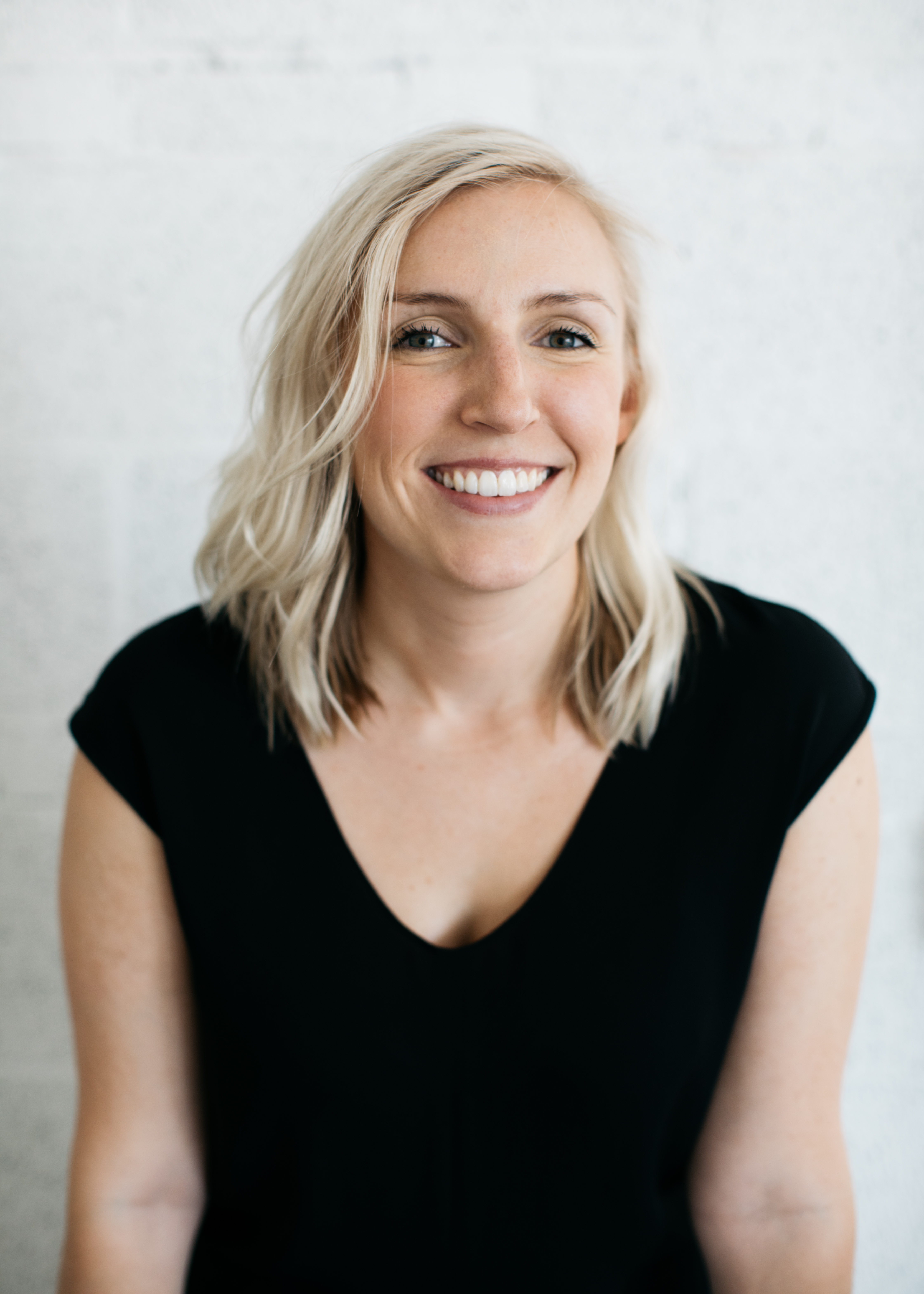“You never really know what you’re signing up for until you’re a month into a job”.
There are few sentences that annoy me as much as that one. It makes me want to rip my hair out.
I’ve heard this said a lot, both from people giving (bad) advice to their friends, and from candidates who have taken a new gig and are chalking the poor fit up to “bad luck”.
Yikes.
I hate to break it to you, but not understanding a job before you start isn’t bad luck. It’s bad interviewing. And there’s not really anyone to blame but yourself.
–
Intentional interviewing is becoming a more common trend these days. Whether it’s due to the state of our job market or the influx of Millennial employees, I’m glad to see it happening. Intentional interviewing, by the way, is all about going into an interview and knowing what you need to find out in order to sign on the dotted line. It’s about having your checklist of must-haves before the interview starts, and asking the right questions to ensure that the role is a good fit. It’s about looking at a job as a two-way fit and realizing that it’s important for both sides to be onboard.
Unfortunately, as a career coach I’ve found that a lot of job applicants don’t practice this skill. They look for available roles that match their past job titles, stick to the industry they know in fear of ‘throwing away’ all their past work experience, and ask vague questions about corporate culture because think they’re supposed to.
Those behaviors are the exact ones that land candidates a gig that they question in a few months.
Outside of identifying what you’re looking for in a role (which I could write a book on in and of itself), one thing that all applicants need to learn is the skill of interviewing the interviewer.
Maybe this is my Silicon Valley native showing or all of my experience with tech, but I think there’s merit in asking a few questions to ensure your next opportunity is a fit. With the ever-evolving business landscape leading more people to work for themselves and the amount of tech companies in particular who stress the need for an intentional corporate culture, finding the right gig is becoming more important. Plus, with all of the articles written about Millennial job-hoppers and purpose-chasers, companies have realized that they need to find the right fit too. Otherwise, they’ll be retraining a backfill within a year.
With all of that in mind, now is the perfect time for you to practice this skill. Write your list of “must-haves” based on your past or current role, and build your questions around those.
Candidates need to BS proof their interview questions, because when they ask something vague like, “is there room for growth in this role?”, they’ll get a vague answer. “Of course”, the interviewer would say. What if the applicant instead phrased their question like, “I know that the ability to grow within an organization is really important to me and keeps me motivated. Can you tell me about some employees who have grown with the company and how their roles have changed over time?”. A lot harder to exaggerate on, huh?
Try asking better questions. More important than that, try being sure about what you need, and then asking for those things.
I made a free guide that covers the top 5 interviewing mistakes that I see candidates make to land themselves a job that they don’t actually want, and what you should be doing instead. Failing to interview the interviewer is just one of them. You may get a bit more color about the role when you’re a month or two in, but you should never be truly surprised.
There are better ways to interview for your perfect job. I’ve done it the wrong way (a bunch), and I’ve done it the right way. I’ve been on the side of both the interviewer and the applicant, and I made this free guide to help. When you implement these changes, you’ll see big shifts.
Future you will thank you, so check it out.
Originally published at www.linkedin.com


